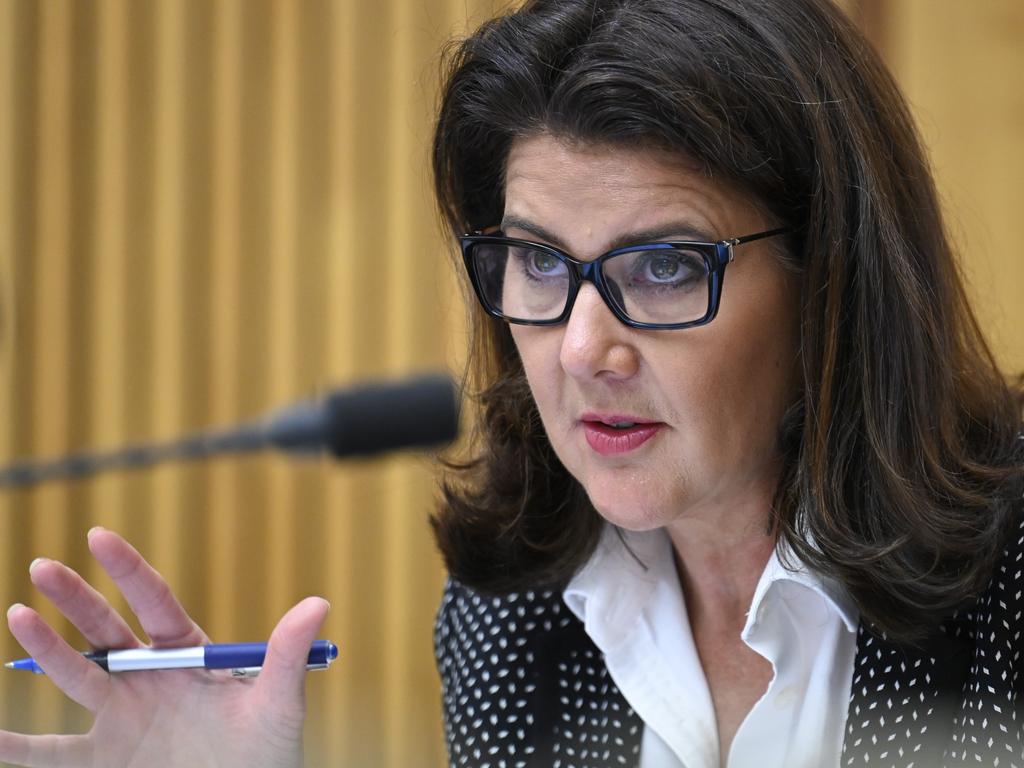The Work From Home Debate Heats Up
The work from home debate has become a heated issue in Australia, especially as the Coalition proposes to enforce a return to the office for public sector workers, mirroring Trump's controversial stance.
Financial Implications of Commuting
Research led by the Labor party indicates that workers could be $5000 worse off if commuting becomes mandatory five days a week.

Who Will Be Affected?
With 365,400 public sector employees, the implications of a blanket return to office policy could be significant. According to Australian Bureau of Statistics data, one in three workers may experience negative consequences from such a mandate. Over 600,000 Australians currently work from home to save money or avoid long commutes.
The Ripple Effect on Traffic
The ACTU warns that forcing remote workers back into the office will exacerbate traffic congestion, affecting all commuters. Additionally, 320,000 workers rely on remote work for caregiving responsibilities, while another one million use this flexibility to manage their workload after hours.

The Impact on Productivity and Gender Equality
ACTU president Michele O'Neil emphasized that long commutes would reduce time spent with families and hinder productivity. She noted that flexible working arrangements have greatly increased women's participation in the workforce, with one million women joining in the last four years.

Economic Impact on Urban Workers
Albanese highlighted that the $5000 figure is an average and could be significantly higher in major cities like Sydney or Melbourne.
Following mixed reactions to the Coalition's remote work policy, opposition leader Dutton has indicated a desire to return to pre-COVID levels of remote work, where only 20% of the workforce worked from home.




Comments
Join Our Community
Sign up to share your thoughts, engage with others, and become part of our growing community.
No comments yet
Be the first to share your thoughts and start the conversation!